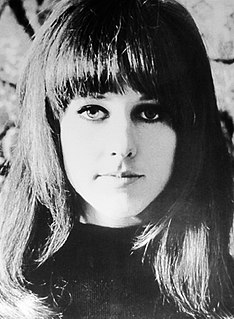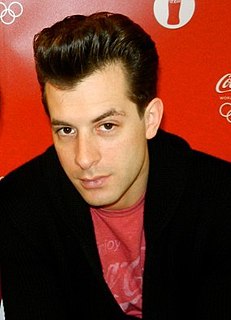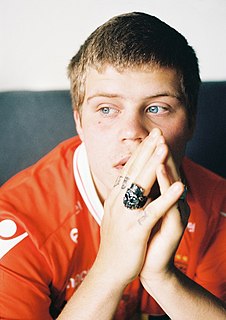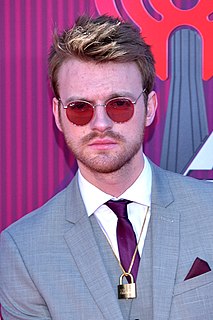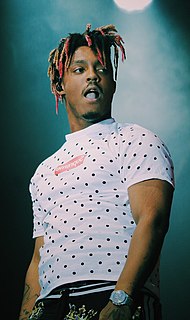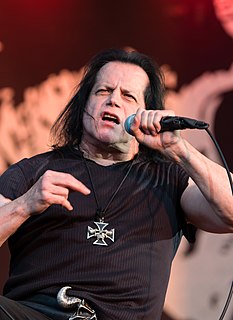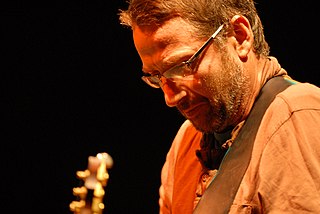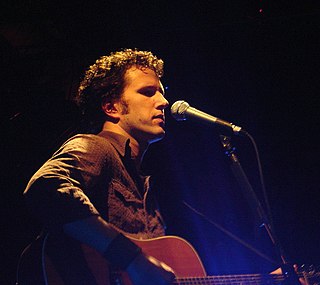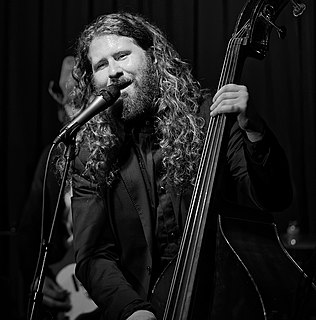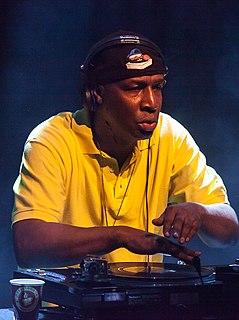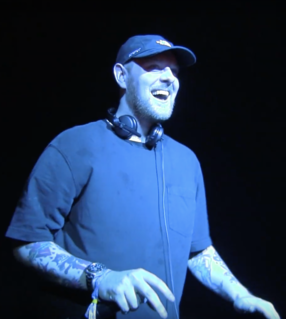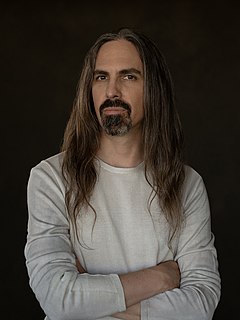A Quote by Grace Slick
I like being in a recording studio. I like watching a song go from the simplicity of the original music.
Quote Topics
Related Quotes
If I have a song that I feel is really one of my best songs, I like it to have a formal studio recording because I believe that something being officially released on a studio record gives it a certain authority that it doesn't quite have if it comes out on a live album or is just a part of your show, you know.
The late '60s and the '70s, a lot of this really beautiful equipment was being made and installed into studios around the world and the Neve boards were considered like the Cadillacs of recording consoles. They're these really big, behemoth-looking recording desks; they kind of look like they're from the Enterprise in Star Trek or something like that. They're like a grayish color, sort of like an old Army tank with lots of knobs, and to any studio geek or gear enthusiast it's like the coolest toy in the world.
The thing that will never go away is that connection you make with a band or a song where you're moved by the fact that it's real people making music. You make that human connection with a song like 'Let It Be' or 'Long and Winding Road' or a song like 'Bohemian Rhapsody' or 'Roxanne,' any of those songs. They sound like people making music.
Everything has changed since I started recording in 1972. But the very things that have opened this industry, like the digital platforms to reach more people, have also killed things that were happening before in the recording studio. Now, most of the time, there are no real musicians in the studio; it's people with sequencers and things.
